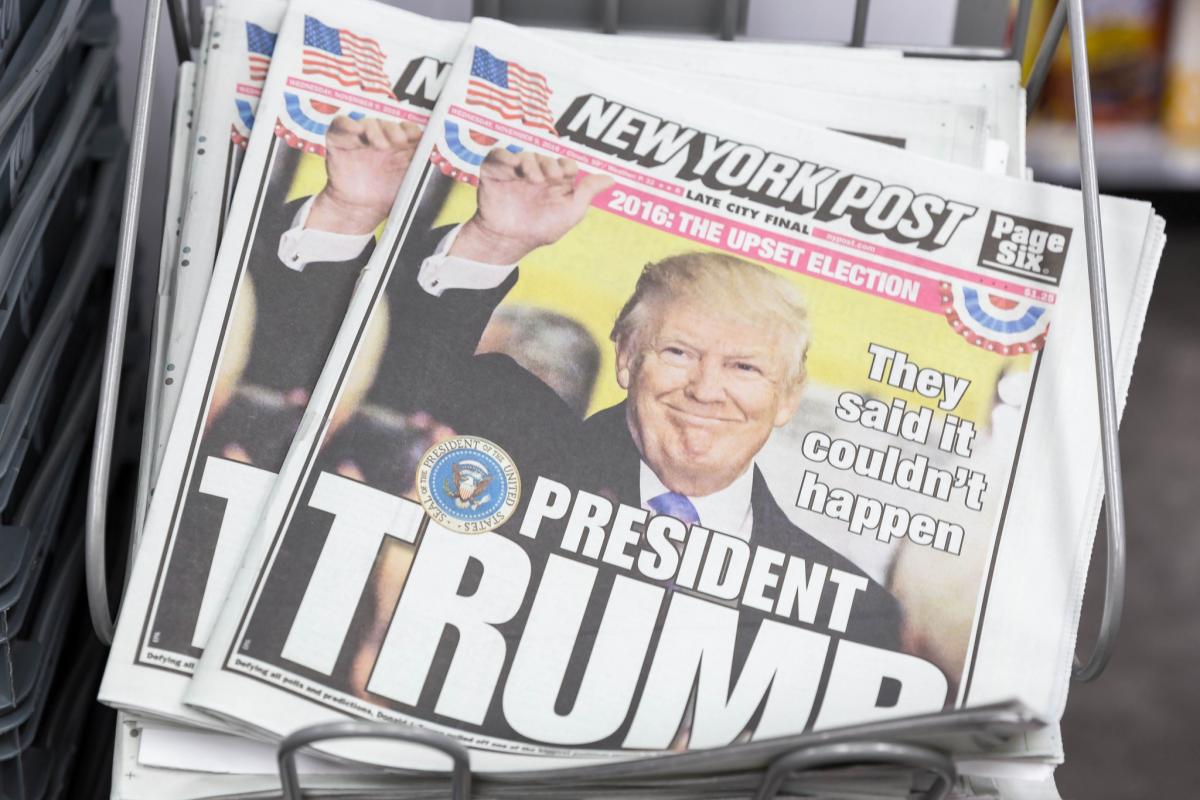Five Trends in Media

How did we get it so wrong? (Photo Credit: Marco Verch / CC-BY-SA-4.0)
This post is part of our inaugural Trendspotting Series profiling important ideas that will be shaping some major fields of interest in 2017. Each piece represents the views of its author(s) and not the views of the Council.
1. THE RISE OF EMPATHETIC, ON-THE-GROUND REPORTING
In the days following Trump’s win, journalists had to ask how they got it so wrong. Many have acknowledged their failure to fully understand Trump supporters. In 2017, a variety of projects will aim to dissect the nuance of our societal divisions through creative, original reporting. An early example, five days after the election: New York Times’ profiles showcased Trump voters as individuals, not as a block, and as divided not along one fault line, but many. Such reporting efforts will grow in ambition and complexity as reporters track how different groups and individuals across the country react and try to interpret the first decisions of a Trump White House.
2. ANALYSIS V. ADVOCACY: THE TENSION OF 2017
Journalists not only failed to understand much of the electorate as subject; they also failed to speak to it as an audience. Frank Bruni wrote one of the best pieces I saw on this point, vowing “to use more care in how I talk to and about Americans more culturally conservative than I am. That’s no surrender of principle or passion.” But how does one navigate common ground without surrendering one’s principles? Media outlets and foundations alike must consider how they will foster dialogue and act as a force for truth or public good. Successful organizations will foster constructive debate in a manner we didn’t see this election.
3. THE OUTRCY OVER THE ALGORITHM LEADS FACEBOOK TO DO... WHATEVER IS BEST FOR FACEBOOK
Many have been arguing over Facebook’s role in this election. Specifically, did the maintenance of distinct information bubbles, and the rise of biased fake news stories within those bubbles, determine the outcome? The pressure that Facebook feels to be transparent—or to make any real changes—will depend on how much pundits continue to highlight the “red feed v. blue feed” problem as a core driver of our country’s issues. Regardless, media outlets and other organizations can consider how to creatively use highly targeted paid posts to get into the feeds of new constituencies.
4. NEW BREEDS OF STORYTELLING, DRIVEN BY PERSONAL IDENTITIES
Trump’s rhetoric often played to people’s deepest sense of self, or to what I heard one reporter call “something in their souls that told them they were getting screwed.” Many outlets are considering ways to use the power of personal narrative for their own aims, especially with the continued rise of mediums such as podcasts, social video, and virtual reality. In the case of podcasts in particular, I am reminded of the creative trajectory of television series with the rise of on-demand digital viewing. In terms of breadth of format, I predict we will look back on the last five years of podcasts as we do late-90s television.
5. EACH CRISIS CREATES A RENEWED MANDATE FOR QUALITY JOURNALISM
For all media’s flaws and monumental misses over the past year, we need journalism right now, and we need it to be good. Many news organizations have seen a bump in donations since November 8; here at The Atlantic, the rate of new post-election subscriptions is up 160 percent. I don’t expect that trend to continue forever. I do predict (and hope) that the lessons of 2016 and the stakes of 2017 will inspire some of the best writing, reporting, and storytelling in a generation. Not all of it has to come from traditional outlets. Foundations have ideas worth spreading. Now is the time to share them.
Jean Ellen Cowgill has led Atlantic Media Strategies (AMS) since its inception in 2012. The digital consulting firm and creative agency of The Atlantic, AMS helps leading organizations advance their big ideas and create meaningful connections with audiences.
Learn more about the work of Atlantic Media Strategies

